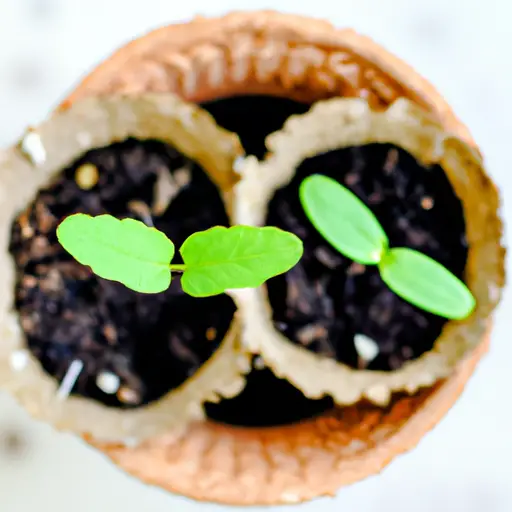Plant Parenthood: Nurturing Plants in Containers for Beginners
Gardening is a rewarding and fulfilling hobby that not only adds beauty to our surroundings but also brings a sense of tranquility and joy. However, not everyone has the luxury of sprawling gardens or large outdoor spaces. Thankfully, container gardening provides a perfect solution for those who are limited by space or live in urban areas. If you’re a beginner looking to embark on your plant parenthood journey, here’s everything you need to know about nurturing plants in containers.
Choosing the Right Container:
When it comes to containers, there are numerous options available – terracotta pots, plastic containers, hanging baskets, window boxes, and even repurposed items such as old buckets or cans. Look for containers with drainage holes to prevent waterlogging, as excess moisture can lead to root rot. Ensure that your chosen container is spacious enough for the growth of roots and allows proper airflow.
Selecting the Ideal Plants:
It’s essential to choose plants that thrive well in containers. Opt for dwarf varieties or ones that have been specifically bred for small spaces. Herbs like basil, thyme, rosemary, and mint are excellent choices for beginners due to their adaptability and usefulness in culinary endeavors. Colorful flowers such as petunias, marigolds, or geraniums can add vibrancy to your space.
Providing Adequate Sunlight:
Most plants require at least six hours of direct sunlight each day. Observe your outdoor space or balcony throughout the day and determine which spots receive ample sunlight. Place your containers accordingly – usually near windows or on sunny patios. If you have insufficient natural light indoors, consider investing in artificial grow lights that mimic sunlight.
Choosing the Right Potting Mix:
Using high-quality potting mix is crucial for container gardening success since it provides essential nutrients and helps with water retention while allowing proper drainage. Select potting mixes specifically labeled for container plants, which often contain a blend of peat moss, perlite, and vermiculite. Avoid using soil from your garden as it can lead to compaction and poor drainage.
Watering Considerations:
Container plants tend to dry out more quickly than those planted in the ground. Regular watering is vital to keep your plants healthy, but be mindful not to overwater, as it can drown the roots. The best practice is to water thoroughly whenever the top inch of the soil feels dry to the touch. Additionally, consider misting your plants occasionally or using a humidity tray if you live in a dry climate.
Feeding and Fertilizing:
Container plants rely on us for their nutritional needs since they don’t have access to natural soil nutrients. Feed your plants with a balanced liquid fertilizer once every two weeks during the growing season. Follow the instructions on the fertilizer packaging, as different plants may require specific nutrients or feeding schedules.
Regular Maintenance:
Regularly inspect your plants for signs of pests or diseases. Catching any issues early on can prevent them from spreading and causing significant damage. Remember to deadhead spent flowers and trim back leggy growth to promote bushier growth and encourage further blooming. Pruning and re-potting may also be necessary as your plant grows.
Plant parenthood through container gardening is not only satisfying but also offers endless possibilities for creativity and personal expression through various plant choices and arrangements. Plus, it allows you to enjoy nature’s gifts regardless of space constraints or living conditions.
So go ahead, start nurturing your own little green oasis today – embrace plant parenthood with containers, and discover the joy of watching your gardening efforts come alive!














